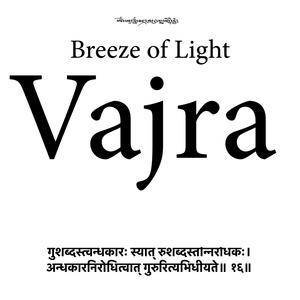Om Ah Hung Vajra Guru Padma Siddhi Hum: A Deep Dive into the Mantra of Enlightenment
Have you ever wondered about the profound significance of the mantra “Om Ah Hung Vajra Guru Padma Siddhi Hum”? This ancient Buddhist mantra is not just a series of sounds; it is a powerful tool for spiritual transformation and enlightenment. In this article, we will explore the various dimensions of this mantra, its origins, its meanings, and its practical applications in daily life.
Origins of the Mantra
The mantra “Om Ah Hung Vajra Guru Padma Siddhi Hum” has its roots in Tibetan Buddhism. It is believed to have been revealed to Padmasambhava, the great Indian tantric master, by the Buddha himself. Padmasambhava was a highly revered figure in the history of Tibetan Buddhism, known for his role in introducing Buddhism to Tibet in the 8th century.

Meanings of the Mantra
Let’s break down the meaning of each part of the mantra:
| Part of the Mantra | Meaning |
|---|---|
| Om | The sound of the universe, representing the ultimate reality. |
| Ah | The sound of the sun, symbolizing the active, creative aspect of the universe. |
| Hung | The sound of the moon, representing the passive, receptive aspect of the universe. |
| Vajra | The indestructible thunderbolt, symbolizing the power of wisdom to overcome ignorance. |
| Guru | A teacher or guide, representing the wisdom that leads to enlightenment. |
| Padma | The lotus flower, symbolizing purity and the arising of wisdom from the mud of samsara (the cycle of rebirth). |
| Siddhi | Perfection or accomplishment, representing the ultimate goal of spiritual practice. |
| Hum | The sound of the earth, representing the stability and grounding of the practitioner. |
Practical Applications
Now that we understand the meanings behind each part of the mantra, let’s explore how it can be applied in daily life:
1. Meditation
One of the primary uses of the “Om Ah Hung Vajra Guru Padma Siddhi Hum” mantra is in meditation. By repeating the mantra, practitioners can focus their minds and cultivate inner peace and clarity. The mantra’s powerful vibrations help to purify the mind and open the heart to the divine presence.
2. Healing
The mantra is also believed to have healing properties. Many practitioners use it to alleviate physical and emotional pain, as well as to promote overall well-being. Some even claim that the mantra can help to balance the body’s energy, or “chi,” leading to improved health and vitality.
3. Protection
In addition to its healing properties, the “Om Ah Hung Vajra Guru Padma Siddhi Hum” mantra is often used for protection. Many practitioners believe that the mantra can shield them from negative energies and obstacles, helping them to stay on the path to enlightenment.

4. Daily Affirmation
Finally, the mantra can be used as a daily affirmation to remind practitioners of their spiritual goals. By repeating the mantra throughout the day, practitioners can stay connected to their inner wisdom and maintain a sense of purpose and direction.
Conclusion
The “Om Ah Hung Vajra Guru Padma Siddhi Hum” mantra is a powerful tool for spiritual transformation and enlightenment. Its origins, meanings, and practical applications make it a valuable resource for anyone seeking to deepen their spiritual practice. Whether you are a seasoned practitioner or just beginning your journey, the mantra can help you to cultivate inner peace, healing, and protection, leading you closer to the ultimate goal of enlightenment.


